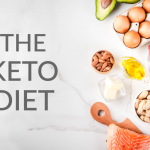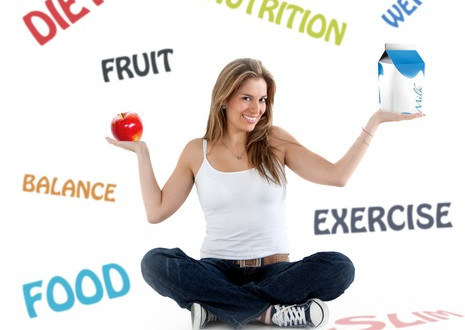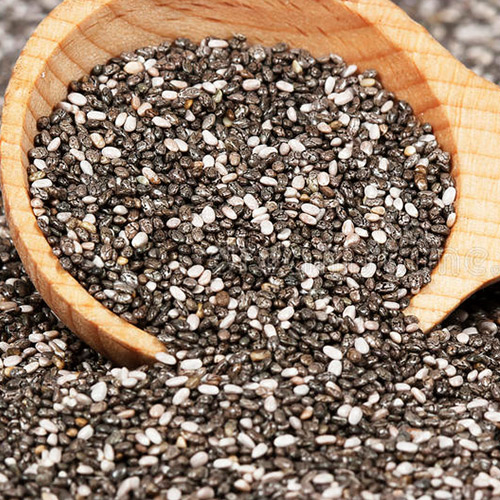Exercise and a balance diet are keys to shaping your body the way you want it. What’s the exercise part? You might be surprised at how few people actually know what exercise really is, or why they should do it, so here’s some information on that front first. Exercise can be as simple as getting up from your desk once an hour and walking around, or you can join a gym, set up an exercise plan, and hire personal trainers to help you get the results you want more quickly.
Are you getting enough nutrients?

Making sure you get enough nutrients is an important part of shaping your body. It’s not only about how much food you eat, but what foods you choose as well. Some healthy choices, like seafood and whole grains, can provide all nine essential amino acids—those that your body can’t make on its own—in one sitting. But if your diet is full of processed or junk foods, it could be lacking in key vitamins and minerals that shape our bodies. A balance diet with exercise will help ensure your body gets everything it needs to take shape faster!
So, what if you’re eating well but still not getting in enough protein? Workouts that focus on strength training—like weightlifting—can be particularly helpful when it comes to packing on lean muscle. Building muscle is one of the best ways to increase your metabolism, so working out with weights is one way of speeding up how fast your body burns calories and fat throughout the day. Not only that, but lifting weights increases bone density by helping build stronger bones.
How much should you eat each day?
It’s important that you eat enough to be healthy but not so much that you gain weight. The amount of food you need depends on your size, gender, age, and level of activity. To figure out how many calories you need, it’s important to calculate your basal metabolic rate (BMR). For example, if you’re a sedentary female who is five feet tall and weighs 140 pounds, your BMR would be 1,609 calories per day. If you burn more calories than your BMR—by exercising or being more active—you’ll want to add more food into your diet. You should shoot for 10-30% above BMR in order to fuel exercise sessions or simply give yourself energy throughout each day.
There are ways to calculate your Basal Metabolic Rate to determine how many calories you need daily. Keep in mind, though, that these numbers should not be the only factor in your diet. Eating more than your BMR can lead to weight gain if all of those extra calories are just empty junk. It’s important to exercise enough so that you burn off those extra calories. Make sure to exercise for at least 30 minutes a day. But even small actions like taking short walks during the day can contribute to keeping your metabolism high, so you burn more fat each day.
Not all fats are bad

A healthy balance diet is important to losing weight and looking good, but some fats are necessary. For example, it’s best to avoid trans fats (margarine) in favor of monounsaturated or polyunsaturated fat. These healthy fats include those found in fish like salmon, nuts like cashews, extra virgin olive oil and avocados. Fats also play an important role in absorbing nutrients from your food so make sure you get enough of them when you’re trying to lose weight—it will be worth it! They can also improve your skill as an athlete by giving you more energy throughout training sessions. So don’t give up on fatty foods entirely!
The best fats are ones that are in mono- and poly-unsaturated form. Eat plenty of them. Foods high in healthy fats like salmon, nuts, extra virgin olive oil, and avocado will help your skills in sports by boosting your energy levels. When you eat healthy fats, you will have enough energy to do other things like study or exercise.
Carbohydrates have benefits

Carbohydrates have their critics, but they also have benefits. They’re important for brain function, especially your short-term memory; they also help regulate your insulin production. Carbohydrates should be about half of your diet—and you need whole ones for maximum nutrition. Vegetables and fruits have complex carbs which feed every organ in your body from top to bottom, helping improve skills like concentration, creativity, and athletic ability. In fact eating a balance diet can improve all aspects of life! While everyone has different calorie needs depending on their lifestyle, there are some general guidelines for how many calories you should eat based on age and weight. To lose weight safely but quickly stick to between 1,200 – 1,500 calories per day until you reach your goal weight.
The simplest form of carbohydrates—carbohydrates that dissolve in water or are easily digested—have one calorie per gram. Complex carbohydrates, on the other hand, have four calories per gram. Eating these sorts of carbs spikes your blood sugar levels, prompting your body to release insulin. if you do not eat another carbohydrate containing food soon after, you can experience low blood sugar levels. Complex carbs take longer for your body to digest and also provide vital nutrients like potassium, vitamin C, magnesium and iron.
5 easy ways to make sure you’re balancing your diet
1. Eat more of what you like: If you don’t eat enough of your favorite foods, you may end up eating less healthy food overall. That’s because healthy foods often aren’t as enjoyable (or as tasty) as unhealthy ones. Plus, if you feel deprived or have forbidden food guilt, it will make it harder for you to stick with your plan for any length of time.
2. Cut back on how much added sugar you eat: Sugar is definitely NOT good for us, especially if we eat too much of it (and especially if we drink too many soft drinks).
3. Don’t skip breakfast – Eating breakfast kick-starts your metabolism and helps you avoid unhealthy snacking later in the day.
4. Eat some protein at every meal – Protein provides energy and prevents hunger over the course of the day.
5. Drink plenty of water – We need to drink plenty of water not only because we would dehydrate without it, but also because it would cause all sorts of health problems!
Why is it important to drink plenty of water?

Your body is made up of mostly water, so it makes sense that it needs lots of water to work properly. Even mild dehydration can affect your performance; in extreme cases, dehydration can even lead to seizures or death. Water is also key for losing weight—your body doesn’t store excess calories as fat; instead, you burn off what you eat (minus any excess sodium). When you drink extra water, your kidneys will flush out extra sodium through urination, leading to faster weight loss.
Dehydration can also contribute to fatigue, dizziness, nausea, and headaches—all of which can make exercise more difficult. Water doesn’t just improve your health while exercising; it also allows you to work out harder, so you’re less likely to get injured. Staying hydrated has even been shown to reduce muscle soreness after workouts!













